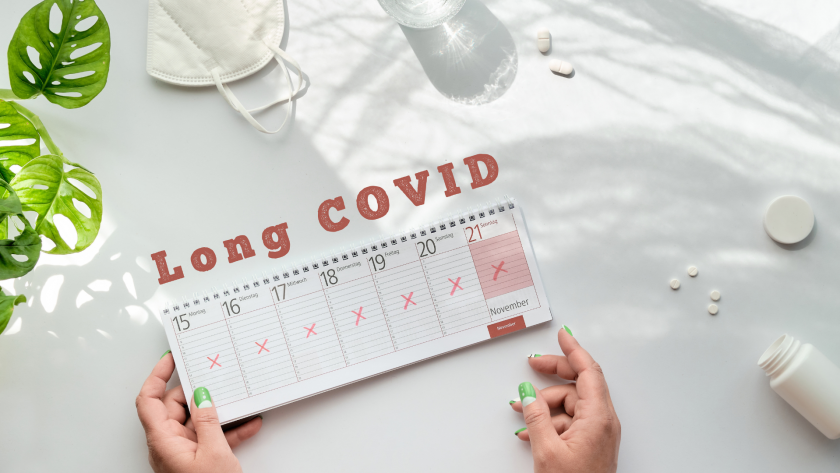If you didn’t know, most of the people who have been tested positive for covid-19 wouldn’t have a severe illness, and they will get better quickly. But there have been reports and significant numbers of people saying that they have been experiencing long-term problems after the recovery from the virus. And that is what we call long covid.
What is Long-COVID?
In recent reports of the pandemic, we have heard many people who have recovered from the virus are still experiencing symptoms beyond the phase of the virus infection. That’s regardless of whether the infection was severe or not. There has been much evidence where past patients have been experiencing such persistent symptoms and complications with their health. This is bad news since this could lead to them not living their normal lives, and it may also disadvantage them with bad physical and mental health.
Long covid is difficult, and many reports have said that this virus’s symptoms are highly varied, making it difficult to define. Many people suffering from this weren’t hospitalized during these times. This led to them not being tested for the virus during the first few months of the pandemic. In return, this has made it more difficult for researchers to understand what it can potentially cause and how this problem can relate to the symptoms of people who were infected during the earlier days of the pandemic. Specific parts of the body like the lungs need to be inspected and tested for by specialist pulmonology centres like Gwinnett Pulmonary and Sleep (https://gwinnettlung.com/) and get a proper diagnosis done.
There hasn’t been anything said about what can cause a person to develop long covid. Although there is one possibility that this infection can cause a patient’s immune system to overdrive which attacks the virus and the patient’s very own tissues, this can happen to the people who have rather strong immune responses. Vaccines can minimise the risks. Clinics like hamparadepharmacy.co.uk can be approached to get your covid vaccine shot.
We all know that the virus can get into our bodies by itself and can also damage our cells. This can be an explanation for some symptoms like loss of ability to smell and taste and brain fog, while the damage to our blood vessels can lead to problems to the brain, lung, and heart.
One other theory that people have been talking about is that there are leftover fragments from this virus that were probably just lying dormant and just have been recently becoming reactivated. If you didn’t know, this could happen for other viruses like Epstein Barr virus and herpes.
However, this kind of happening isn’t happening with covid at the very moment. It’s good to be aware that several other things are going on in each patient that caused a long covid to appear.
If you are worried that you might catch this infection, we have gathered a list of vitamins that can help you:
- Vitamin C is a water-soluble vitamin that is naturally found in most foods, and most of us get enough of it. Our bodies can’t store it, so we have to take daily doses of it to avoid deficiency. It’s no secret that vitamin C is one of the most important vitamins to take. Whether your goal is to prevent chronic disease, fight off infection, promote healthy skin, or prevent cancer, there is no denying that the vitamin has a role to play.
When they are full of sick, the presence of vitamin C is beneficial in most cases. Vitamin C also helps prevent long-term lung damage caused by tobacco, air pollution, and other environmental toxins. It is recommended for everyone to take at least one 10,000 mg vitamin C tablet per day.
- Zinc is one of the most under-appreciated nutrients in the modern diet. Our bodies need to maintain healthy levels of zinc, so people need to understand the benefits of zinc to see if taking supplements will be beneficial to their health. If they have been looking into a variety of zinc supplements and have done their research, e.g. ‘what is zinc ionophore?’ then they should be able to narrow down the best one for their needs. Zinc helps the body fight diseases, reduces muscle loss, regulates hormones, strengthens the immune system, and improves fertility.
- Vitamin D is a fat-soluble vitamin that your body needs to absorb calcium and regulate the release of some hormones. It’s essential for bone health, immune function, preventing some cancers, and helping your body absorb some other nutrients.




